
Oral and Maxillofacial Surgery
Tooth extraction is a common dental procedure performed when a tooth is beyond repair or poses a risk to the health of surrounding teeth. Extractions may be necessary due to advanced decay, infection, impacted teeth, or orthodontic treatment requirements. This procedure can be categorized into simple and surgical extractions. At LHC Clinic, we provide comprehensive information on the reasons for tooth extraction, the process, and the essential aftercare needed for optimal healing.
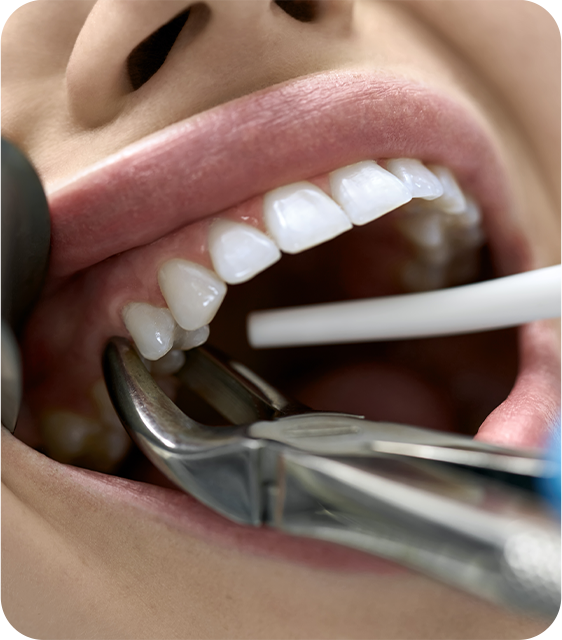
🦷 What is Tooth Extraction?
Tooth extraction involves the removal of a tooth from its socket in the jawbone by a dentist or oral surgeon. Reasons for tooth extraction include:
Extraction is typically a last resort, and preserving the tooth through treatment is always the preferred option when possible.
🦷 Tooth Extraction Methods and Simple Extraction Stages
Tooth extractions can be performed using two primary methods: simple extraction and surgical extraction, depending on the condition of the tooth and its position.
Simple Tooth Extraction Stages
A simple extraction is typically performed on teeth that are fully visible in the mouth. The stages are as follows:
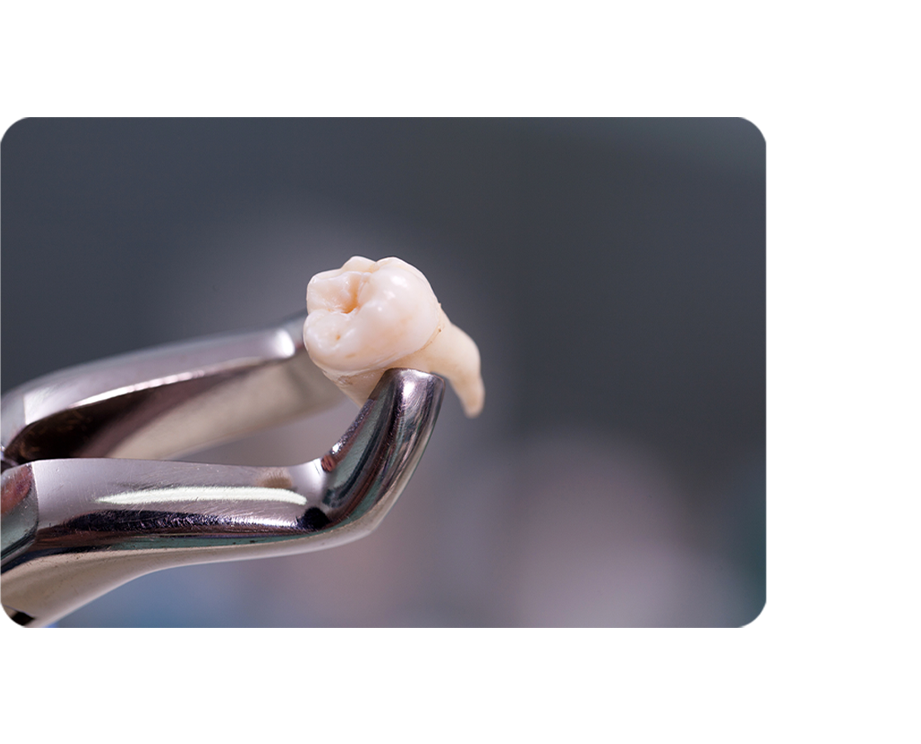
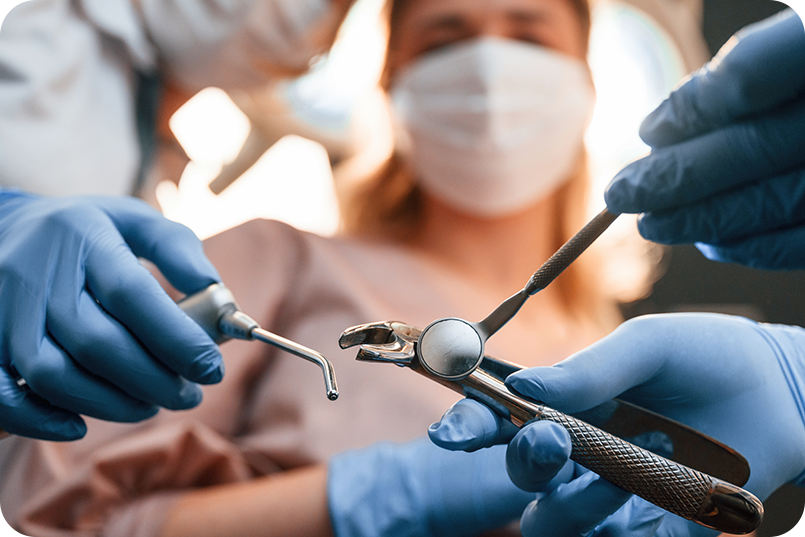
🦷 Surgical Tooth Extraction Stages
For teeth that are impacted or broken, surgical extraction may be required. The steps are:
Surgical extraction generally involves a longer recovery period compared to simple extractions.
🦷 Aftercare Following Tooth Extraction
Proper aftercare is crucial to ensure a smooth and speedy recovery following a tooth extraction.
What to Do After Tooth Extraction:


🦷 Healing Process After Tooth Extraction
The healing process varies for each individual, but generally follows these stages:
If you experience severe pain, excessive bleeding, or signs of infection, contact your dentist immediately.
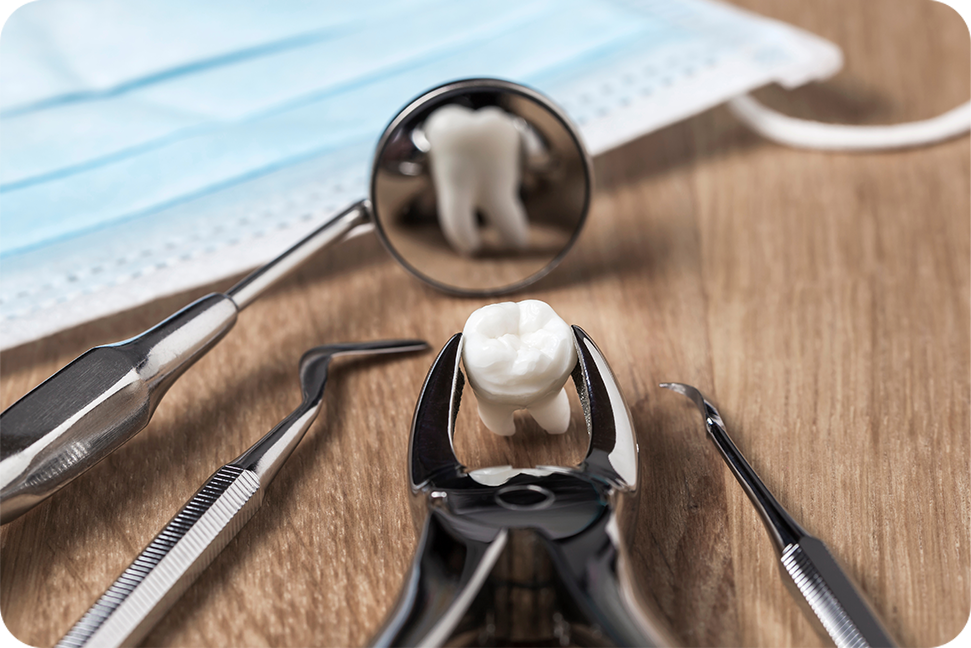
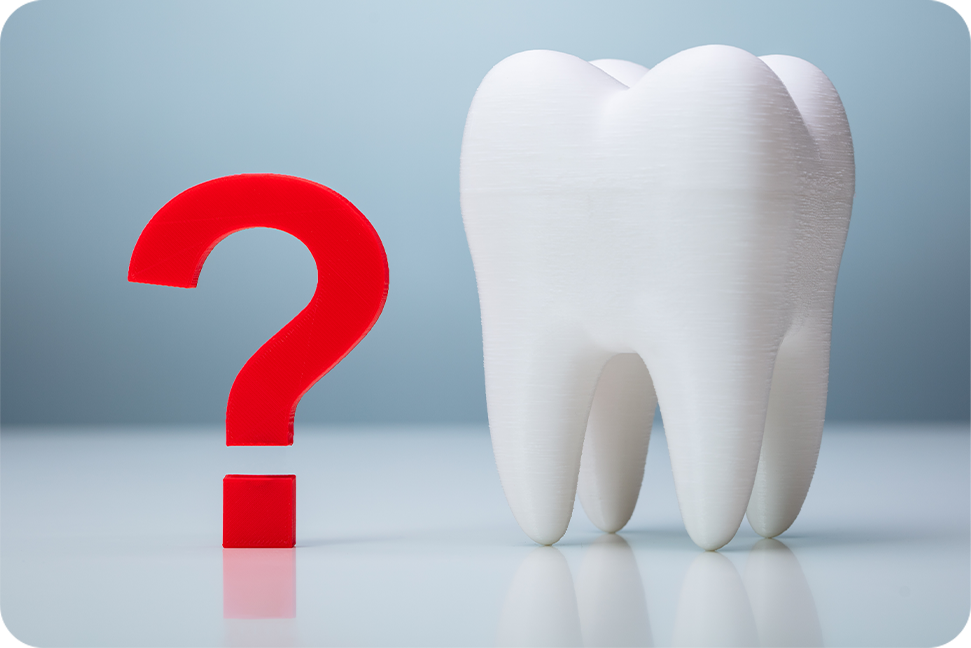
🦷 Frequently Asked Questions About Tooth Extraction
🦷 Trust LHC Clinic for Safe and Effective Tooth Extractions
At LHC Clinic, we are committed to ensuring your dental health with the safest and most effective tooth extraction techniques. Our experienced dentists use the latest methods to provide you with a comfortable, pain-free experience. For reliable care and professional guidance, trust LHC Clinic to handle your dental needs.
Regular dental check-ups are key to maintaining a healthy smile—visit LHC Clinic for your next appointment!
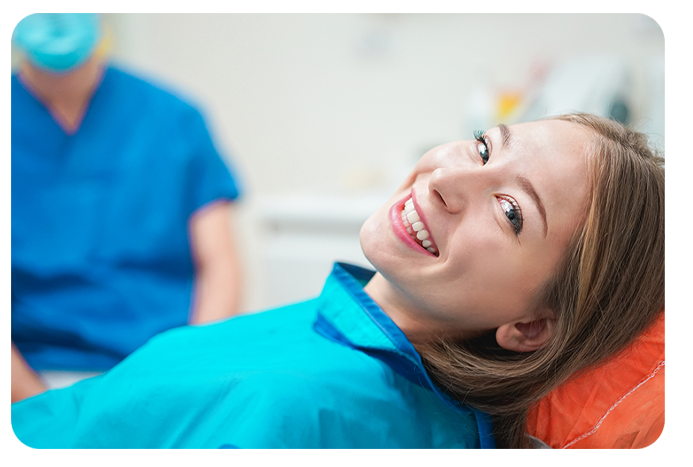
Dental floss is essential for oral health because it cleans areas where your toothbrush
cannot reach—specifically between teeth and under the gumline. Without flossing, plaque
buildup can cause gum disease, cavities, and bad breath.
Tip:
Make flossing a daily habit, especially before bedtime, to remove the day's accumulated
debris and bacteria.
Early gum disease (gingivitis) is often painless but presents signs such as:
• Red, swollen, or tender gums
• Bleeding when brushing or flossing
• Chronic bad breath
• Receding gums or tooth sensitivityRecognizing these early warnings can prevent progression to more serious conditions like
periodontitis, which may lead to tooth loss.
Teeth Grinding Habit: Its Relation to Stress and Solutions Teeth grinding, or bruxism, is closely linked to stress, anxiety, and tension. Solutions include: • Using a night guard • Stress-reduction practices (yoga, therapy, exercise) • Mindfulness techniques to become aware of daytime clenching Addressing the root causes of stress can significantly reduce grinding episodes.
A healthy smile starts with a disciplined oral care routine. This routine should include:
• Brushing twice daily with a soft-bristled toothbrush and fluoride toothpaste
• Flossing once a day to remove plaque and food debris between teeth• Rinsing with an antibacterial mouthwash for added freshness and protection against
plaque
• Replacing your toothbrush every 3 months or sooner if the bristles are worn
Additionally, limiting sugary snacks and acidic drinks, staying hydrated, and attending
regular dental check-ups contribute to long-term oral health.
Effects of Smoking on Oral and Dental Health Smoking adversely affects oral health by: • Increasing the risk of gum disease • Delaying healing after dental procedures • Causing bad breath and staining teeth • Elevating oral cancer risk Quitting smoking improves oral health and the success of dental treatments.
